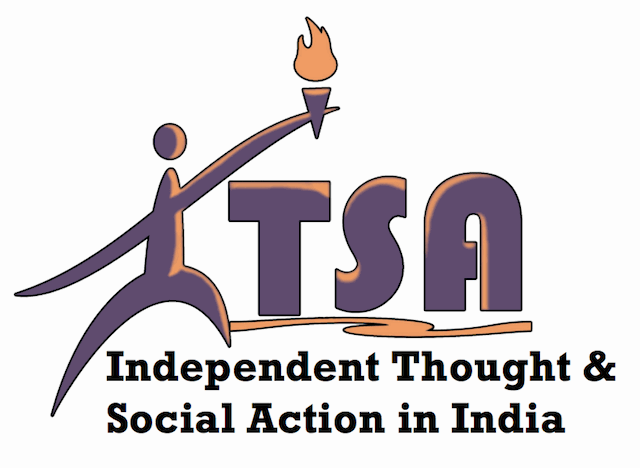 |
| Juliana (on the right) in action, talking to a group of attentive students. |
Traveling to India last summer as an Intern for ITSA has been one of the most significant and enriching experiences of my life. Besides encouraging critical thinking among young Indians, I had the opportunity to learn about a part of the world and a culture that was almost completely foreign to me.
Initially, it was evident that the kids
participating in the workshops were students in a system that does not enable
them to think creatively nor critically about themselves and their
surroundings. Most of them described themselves as “disciplined”, but had a
hard time identifying other idiosyncratic qualities in themselves. Encouraging
them to write about their interests and curiosities was very interesting and
fun, especially because they were very willing and excited about participating
in the workshops everyday.
It is gratifying to know that education
reform is not desired just by those who support global education reform and
those who work with ITSA. It is also relevant to educators in the current
Indian education system and most certainly by the kids themselves, who have
come to realize that they are empowered by their own brilliant minds.
During my time in India, I worked with
Riana and Jwalin on ITSA’s workshop curriculum. The curriculum was mainly made
of a series of writing exercises and group activities primarily centered on
topics of identity. I revised the plan for each workshop before it happened. I
made sure that the activities and writing prompts would be clear and
appropriate for the kids. When discussing the plan for a workshop on spatial
identity, or the different perceptions of a person, I brought up the idea of
talking about stereotypes in Indian society with the kids. I thought it would
be important to start promoting social awareness because social justice
activism is another one of ITSA’s undertakings. As a team of interns and
directors, we decided to do “the boat activity” with the kids: to expose them
to a series of Indian stereotypes by asking them to save ten imaginative
characters out of thirteen on a boat that was, fictitiously, about to drown.
The characters could only be differentiated by single traits and social labels
such as “beggar”, or “7-year-old maid who dropped out of school”. We wanted to
make the kids think about themselves in relation to how others perceive them in
their society, and how they view others based on societal stereotypes.
My host family was very loving and caring, especially Pavithra; my host sister.
They were from Tamil Nadu, a state located on the tip of South India. Their
food was very different than the North Indian food I had in restaurants. South
Indian food is more spicy but equally delicious. My host father and I read the
Indian news every morning over South Indian coffee, and showed each other
family photos while sharing life anecdotes.
I enjoyed walking in the old city of
Ahmedabad and observing people’s daily lives -women selling colorful vegetables
that made an interesting contrast with the colors of their dresses, women
cooking and washing their clothes while talking to their neighbors, and people
meditating at various local temples. I remember smelling a Jasmin flower that a
Hindu Pujari put in my hair after caressing one of his Gods with oil.
Being able to appreciate and value Indian
culture strengthened my sense of global diversity and inclusion. Besides,
promoting critical thinking that will help young minds address social concerns
in a country that is so rich in many other ways has encouraged me to continue to
pursue youth empowerment.
~ Juliana Gutierrez
ITSA Intern-2011
